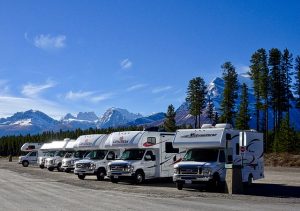A new report by the National League of Cities (NCL) found that 71 percent of city officials surveyed support the growth of the sharing economy, particularly with ridesharing services such as Uber and Lyft. But, many are concerned about the sharing economy’s impact on public safety.
The NCL report, “City Survey on the Sharing Economy: Shifting Perceptions of Collaborative Consumption,” looked at concepts including homeshare, bikeshare and rideshare options. The results were based on responses from 245 cities.
Sixty-one percent of city leaders surveyed were most concerned with public safety, specifically identifying the lack of comparable insurance, coupled with general safety concerns.
Other areas of concern included the protection of traditional service providers and industry participants (10 percent) and non-compliance with current standards (9 percent).
Another report, released by Tilsburg University Law Center in September 2014, notes that multiple concerns have been raised as to the public safety, health and limited liability of these sharing economy practices.
That report, “Does Sharing Mean Caring? Regulating Innovation in the Sharing Economy,” finds that regulators are at crossroads.
On one hand, innovation in the sharing economy should not be stifled by excessive and outdated regulation; on the other, there is a real need to protect the users of these services from fraud, liability and unskilled service providers.
What are some ways that members of your audience can be safe when it comes to the sharing economy?
Always review the ratings of the person listing the service.
Most companies have a section where users can rate service providers in great detail. If there are too many negative ratings, that’s a clear sign this isn’t someone you want to do business with. And if you had a bad experience, write a review to that effect so others won’t be caught in the same situation.
Use Google to research the service and the service provider.
There can be pertinent information that may not be included on the service provider’s profile.
Double-check homeowners and auto insurance.
See what’s covered — and what’s not — outside of the coverage offered via service providers. Those who drive for car-sharing services or who offer up their cars for rent may not be covered in all situations.
For story ideas, look at the safety records of local outlets of sharing economy stalwarts like Uber, Lyft, Airbnb, HomeAway and VRBO. Interview people who have had bad experiences and offer tips on how to avoid them.
Does Sharing Mean Caring? Regulating Innovation in the Sharing Economy











